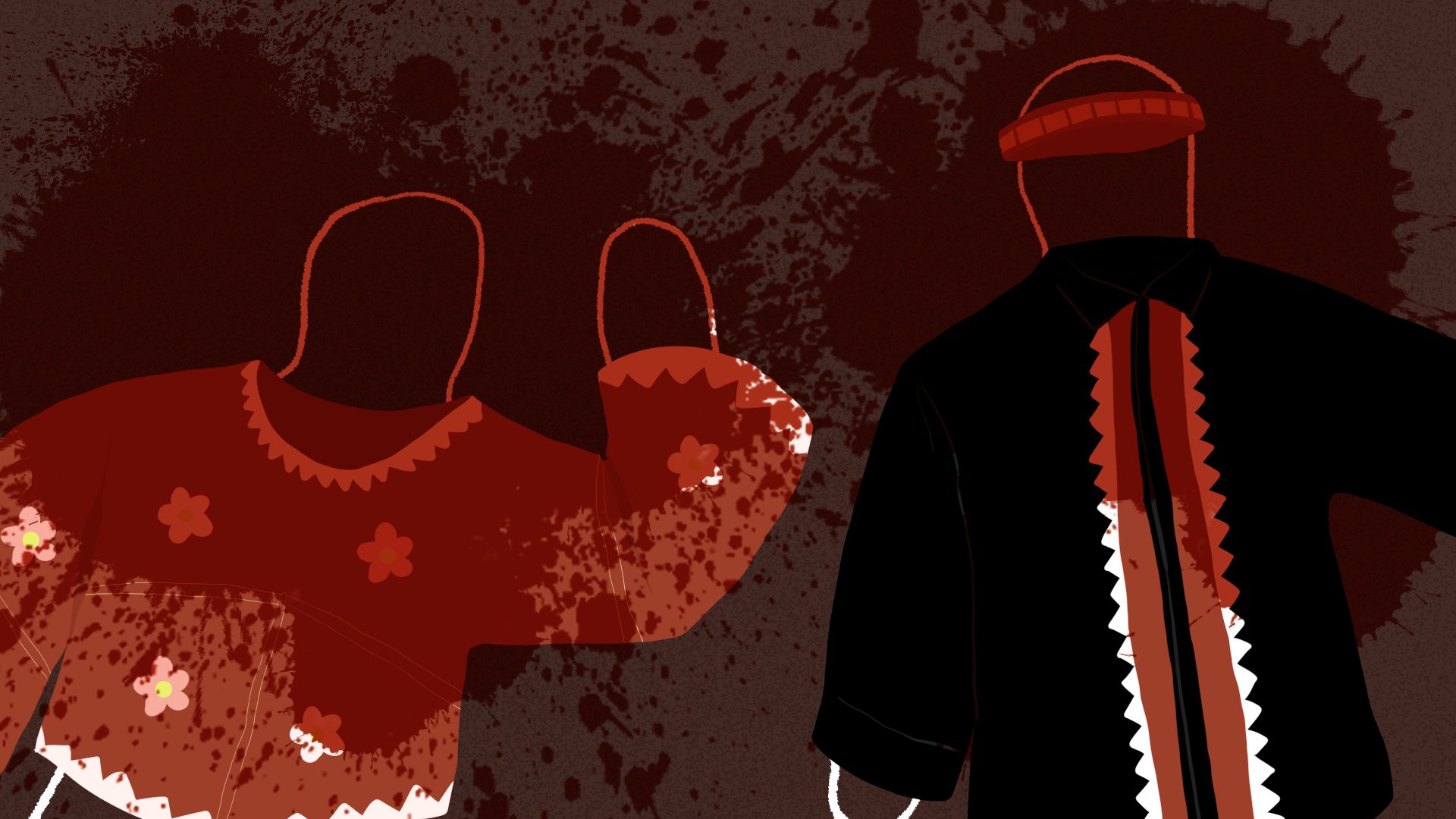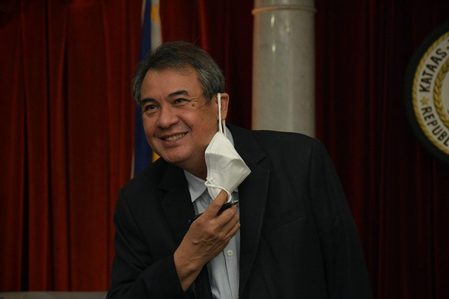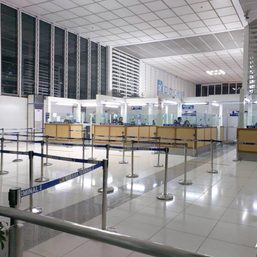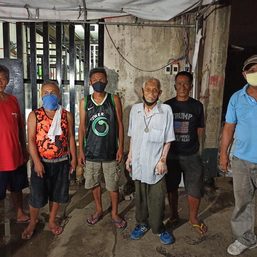SUMMARY
This is AI generated summarization, which may have errors. For context, always refer to the full article.

A court in Capiz voided five search warrants issued by the so-called “warrant factory” in Manila, and freed members of the Tumandok tribe who were arrested in December 2020 as a part of a police crackdown on activists and community organizers.
Two separate resolutions by Mambusao, Capiz Regional Trial Court (RTC) Branch 21 quashed the search warrants for Eleutera Caro, Jucie Caro, Rollen Catamin, Marilou Catamin, and Marivic Aguirre – five of the total 17 Tumandok tribespeople arrested on December 30, 2020 during simultaneous raids.
Nine members of the Tumandok tribe died during the raids because they allegedly resisted arrest. This was the same narrative used for March 7, 2021 – what is now known as the Bloody Sunday killings in Calabarzon where nine activists died during the searches.
The voided search warrants for the five Tumandok tribespeople were issued by Manila RTC Branch 4 Judge Jose Lorenzo dela Rosa. Dela Rosa also issued the search warrant that led to the killing of Cavite labor leader Manny Asuncion during the March 7 Bloody Sunday raid.
The arrests and the killings were part of a crackdown by law enforcers on human rights defenders whom they accused of being communist rebels.
Activists point to an apparent pattern. A surveillance alleges the suspects are keeping illegal firearms and explosives. A search warrant is issued by a faraway court. The search operation yields guns and grenades.
Mambusao Judge Rommel Leonor voided the warrants and suppressed all the evidence from the operations. These are the illegal firearms and explosives which were the integral element of the charge of illegal possession.
Judge Leonor’s decisions were issued June 15, but released only on Tuesday, July 13, because groups wanted to make sure they got out of jail first.
Lawyer Angelo Karlo “AK” Guillen of the National Union of Peoples’ Lawyers (NUPL) in Panay confirmed to Rappler that Caro, Aguirre, and Rollen Catamin were freed on July 8.
Jucie Caro and Marilou Catamin have been out on bail since January, Guillen said. Guillen was the lawyer stabbed to the head in Iloilo City last March. He said the attack was related to the Tumandok case he was handling.
Did not satisfy constitutional requirement
Judge Leonor voided the search warrants because they “did not satisfy the constitutional requirement of definiteness or particularity.”
All warrants concerned referred to an “unnumbered house” in Barangay Roosevelt in Tapaz, and although that would have been understandable since houses in that area were unnumbered, the Capiz judge said there could have been more description.
“No descriptions showed where the houses are located, whether it is on top of the hill or near a dug well. Not even the colors of the respective houses of the accused were mentioned or what kind of materials the houses were made of, whether or not [they were] made of concrete materials or bamboos,” said Judge Leonor.
Moreover, the team leader of the operation was never part of the surveillance team – “in short he has no knowledge of the exact location of the houses of the accused.”
Warrant factories
The Supreme Court on July 9 scrapped the 17-year-old rule that allowed the executive judges of Manila and Quezon City RTCs to issue search warrants outside their judicial regions. In that revoked ruling, executive judges could delegate the task to their vice executive judges and to other judges if there were many applications.
The Supreme Court action was a response to mounting calls from activists and lawyers who said that Manila and QC RTCs have become “factories” for “death warrants.”
Judge Leonor’s June 15 decisions still respected the authority of Manila Judge Dela Rosa to issue the remote warrant because there was still no Supreme Court ruling then.
After the Supreme Court ruling, activists called on the High Court to still investigate the past issuances for errors and irregularities, especially because killings occurred.
“Human rights groups have strongly condemned the crackdown against activists, and called for independent and credible investigations into atrocities committed with the pretext of enforcing search warrants,” said the group Defend Panay in a statement.
The Capiz decision was the latest in a string of decisions from other courts like Mandaluyong and Bacolod which voided warrants from the so-called factories.
In the case of the Human Rights 7 arrested on December 10, 2020, two have been freed by a Mandaluyong court, yet other courts upheld the search warrants for others even though it involved the same facts and witnesses. It has since created a glaring clash, drumming up more calls for judicial reforms.
– Rappler.com
Add a comment
How does this make you feel?
![[PODCAST] Law of Duterte Land: Lawyering under threat](https://www.rappler.com/tachyon/2021/06/Law-of-DuterteLand.jpg?fit=449%2C449)
![[OPINION] No one is talking about the Tumandok Massacre](https://www.rappler.com/tachyon/2021/01/tumandok-january-15-2021.jpg?fit=449%2C449)











There are no comments yet. Add your comment to start the conversation.